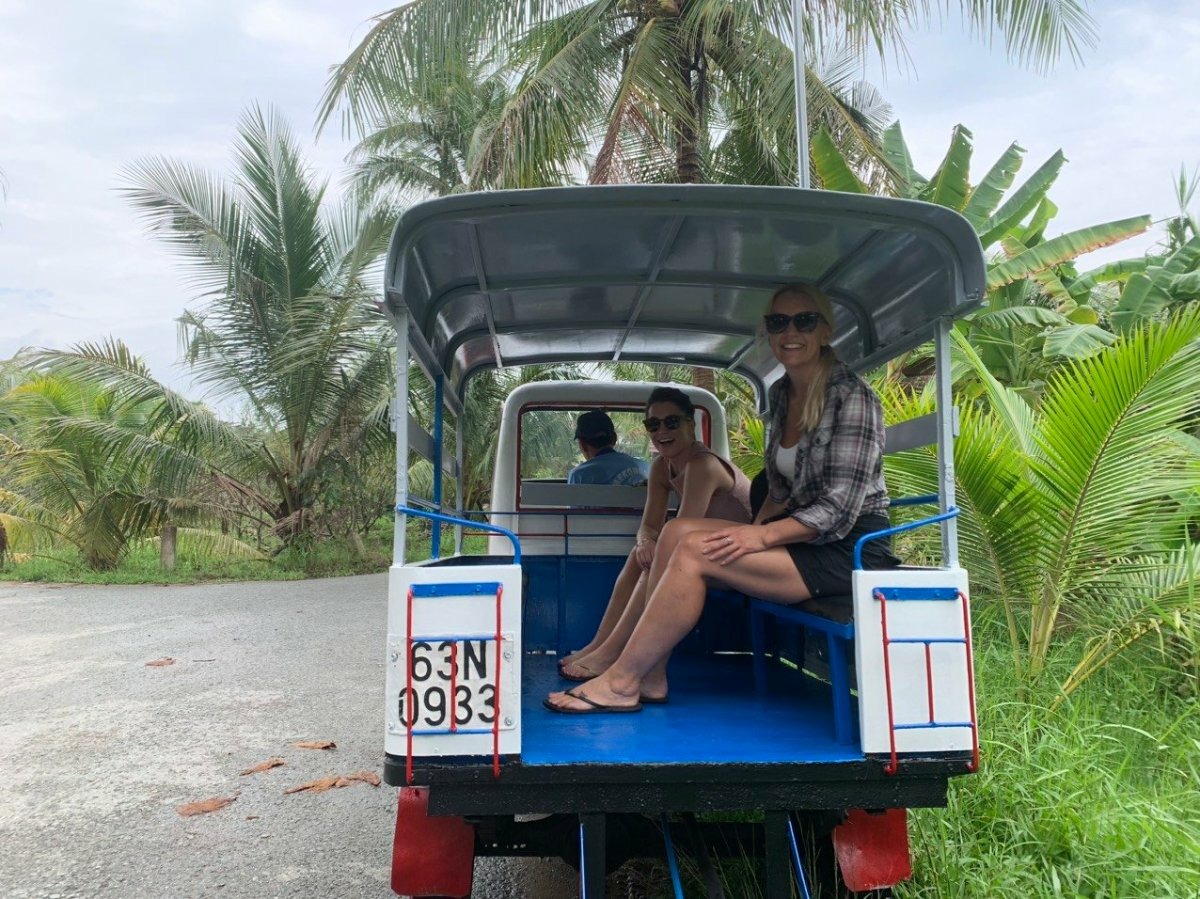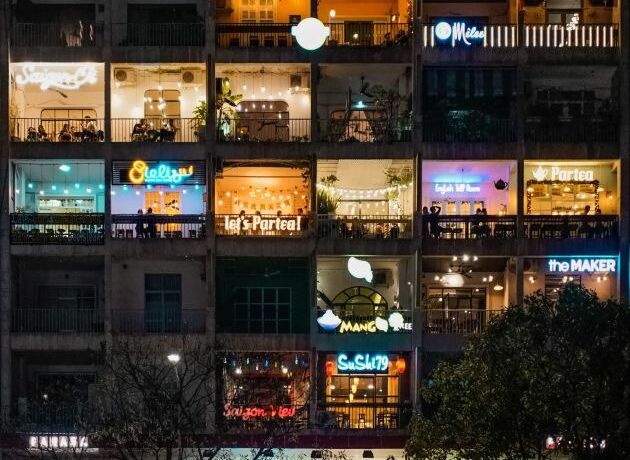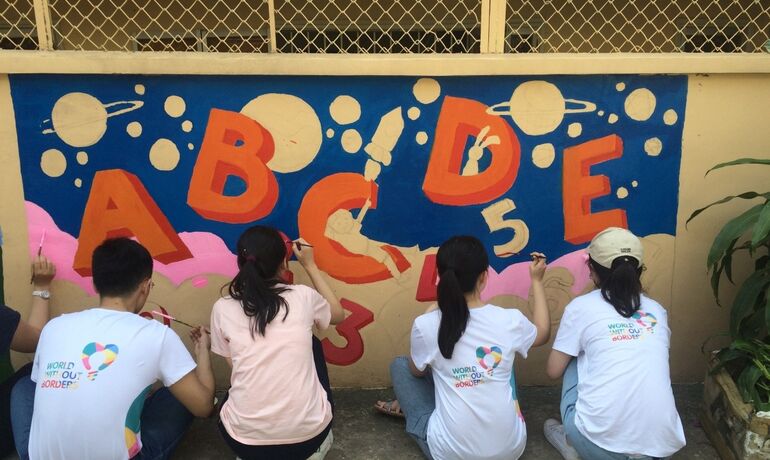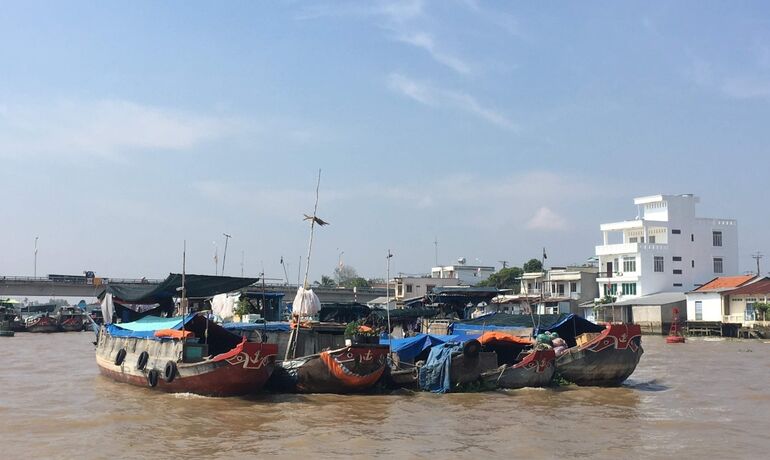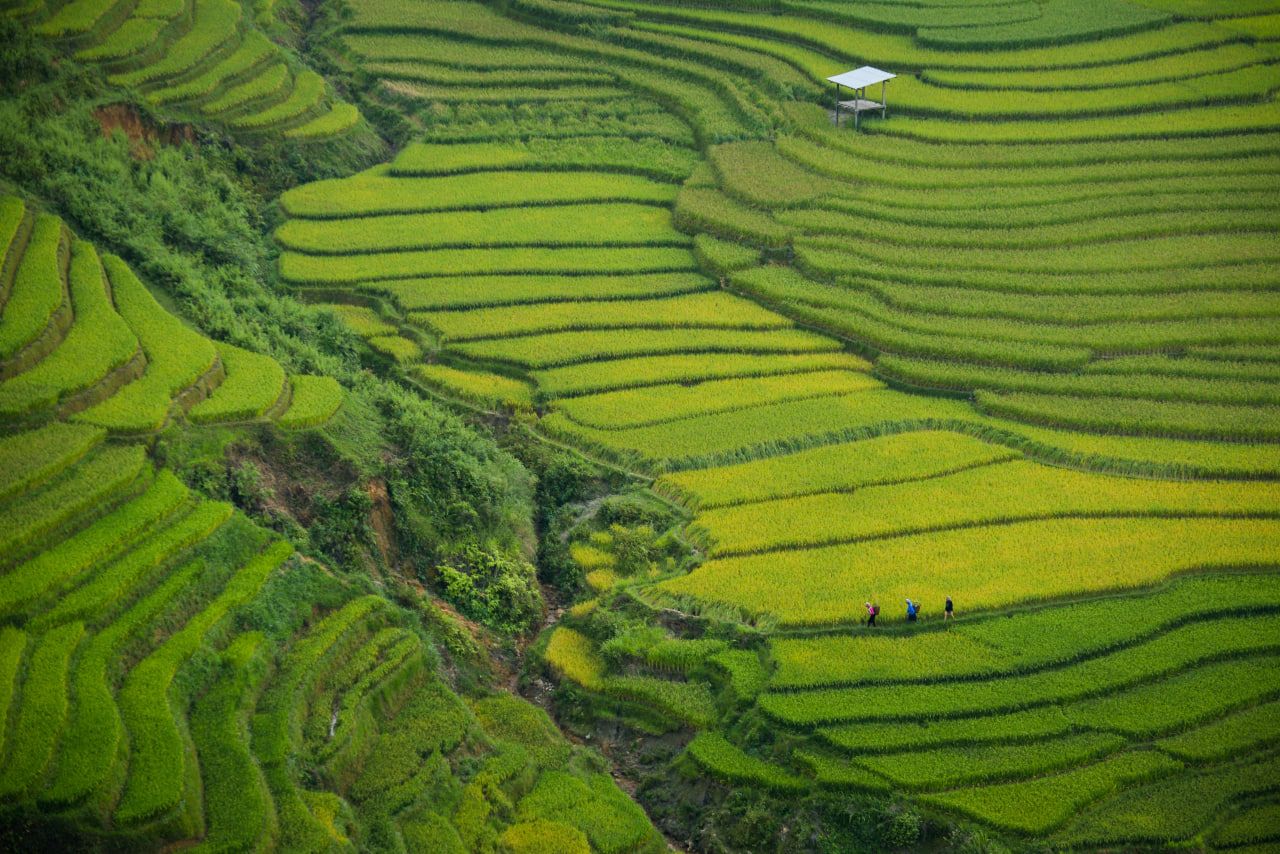Sustainable development in Mekong Delta today is not only about quick-fix solutions, propaganda, or environmental movements. While some natural disasters are inevitable and come surprisingly, others present after a long process as a result of human activities. However, far from what comes easily will go easily, we believe problems that take a long time to occur will not be solved so quickly in a short time, and indeed, such a case as Mekong Delta will tell you why.
Sustainable Development for Mekong Delta
Just a few weeks ago, we posted an article with some insight into the stage of Mekong Delta. While the article might not catch your attention as much as the coronavirus making headlines, we cannot overlook the fact that what will happen to us in the future is more important than what is happening now. Besides, there is a possibility of the virus outbreak is a sight of environmental damage.
The coronavirus is perhaps humanity’s first clear, indisputable sign that environmental damage can kill humans fast too. And it can also happen again, for the same reasons. – CNN Health
Kate Jones, Chair of Ecology and Biodiversity at University College London, also said that “It’s not OK to transform a forest into agriculture without understanding the impact that has on climate, carbon storage, disease emergence, and flood risk”. Sustainable development of Mekong Delta is too important to be ignored, especially for those countries that have many benefits from this wetland
Did you know?
There are 73% or cargo transport in Vietnam relies on the Mekong River, and the Mekong Delta is the main water supply for agriculture, which makes Vietnam the third-largest rice exporter. However, we might lose that opportunity soon due to climate change. Mekong Delta is facing saltwater intrusion at the moment by the rise in sea level.
The environmental problem is damaging a majority of Mekong communities living on farming, fishing, and foresting. If you think that does not have anything to do with your life, think twice. The foods you desperately fight over during this time of crisis is the production of essential food crops from agriculture, which is being threaded by salinity intrusion. And for those primary producers in the country, this is a devastating blow.
Human Being vs. Environment
The sight of climate change in Vietnam, especially in Mekong Delta, is but very much disturbing and upsetting. This region is the most vulnerable area where the river exits into the sea. In Vietnam, people call it the “Nine Dragon River Delta”. This complex network of distributaries provides fertility and mineral resources for the whole Southwest region in the country and a diverse bio-system to thrive. However, excessive exploitation unevenly from upstream countries is making downstream countries like Vietnam suffer the most. Still, it has another battle to fight from flooding to seasonal drought, but the worst, salinization from rising sea levels.
There is no lack of solutions for the Delta but the underlying harm weighs more than benefits in the long run. Recently, there has been a movement among the community to help people in the Delta region fix the problem. While we believe these approaches can make people more environmentally conscious, it does not fix the problem by the root. Therefore, in the long run, those problems will surface again.
People recently have been doing a great job to support our farmers in the Southwest region, and we would like to give everyone kudos for that. However, these solutions rather support our human life rather than our environment.
- Firstly, we dig wells to get fresh water from the ground for agriculture.
- Secondly, we transform water from salty to fresh for use.
- Thirdly, we provide water for the people who are struggling to find freshwater.
But the question still remains, which one of these solutions bring benefit to our environment? Or does nature still creates a hostile environment for human if we are inclined to protect it from the beginning?
The Best Solution is Education
We believe sustainable development is a process but not an immediate response to the problems. It is a process in which we can only achieve effectively through proper education and long term actions. Many times we respond to a rising concern by asking how can we fix that, but nobody asks where should we fix it.
Not a single solution from what we mentioned above can effectively benefit our environment rather than a proper education. Surely we can get water from the well, but excessive groundwater exploitation can lead to land subsidence in the long run. Until then, we will have more problems to concern, and our effort becomes futile. This is the circle that we can never escape if we don’t understand the root of our problems. Environmental damage is a sign of people using natural resources in a completely wrong way. Thus, we would like to quote from what Kate Jones said in this article
“Destroying habitats is the cause, so restoring habitats is a solution.”
A solution is very simple but we often overlook because we focus more on what happens today more than what will happen tomorrow. There is no need to spend a fortune on technologies or quick-fix solutions. Instead, reforestation can do a better job than any other way, especially mangroves forest in this case of Mekong Delta. Similarly, instead of investing in an expensive water filtration system, a reservoir will do the job well, and more environmentally friendly. And last but not least, educating our community more about sustainable development is the best solution among all. While we don’t mean to deny the efforts that people have done so far, we just want to point out and suggest alternatives.
Conclusion
Above all else, we cannot live with a loss of natural habitat. The basic needs of human beings are all boiled down to the main three crucial elements, food, water, and shelter. Humans certainly need to thrive and achieve fulfillment. However, in the end, we still need to learn how to live with our environment in the friendliest way. This is where sustainable development comes into play.
